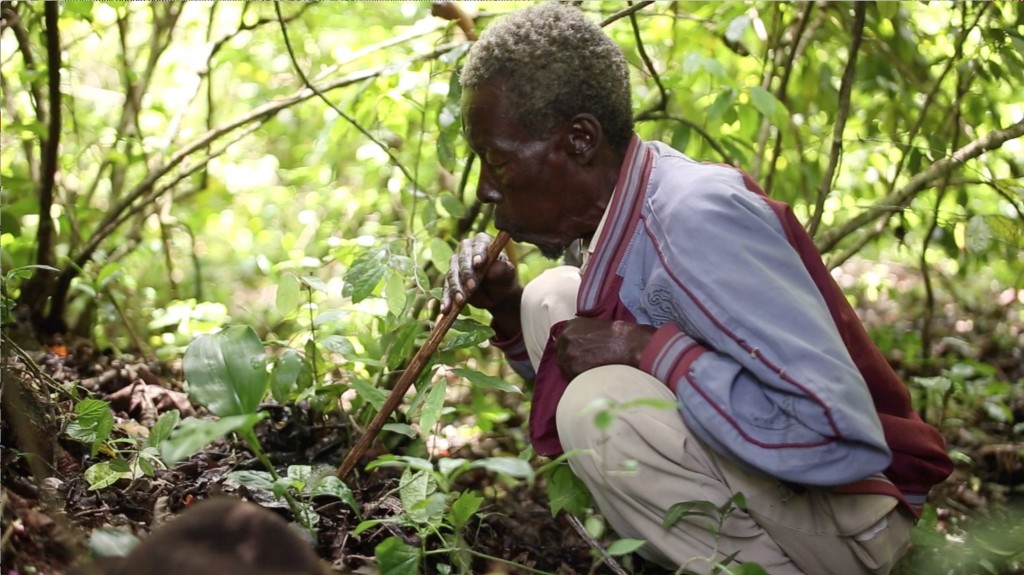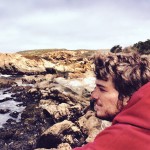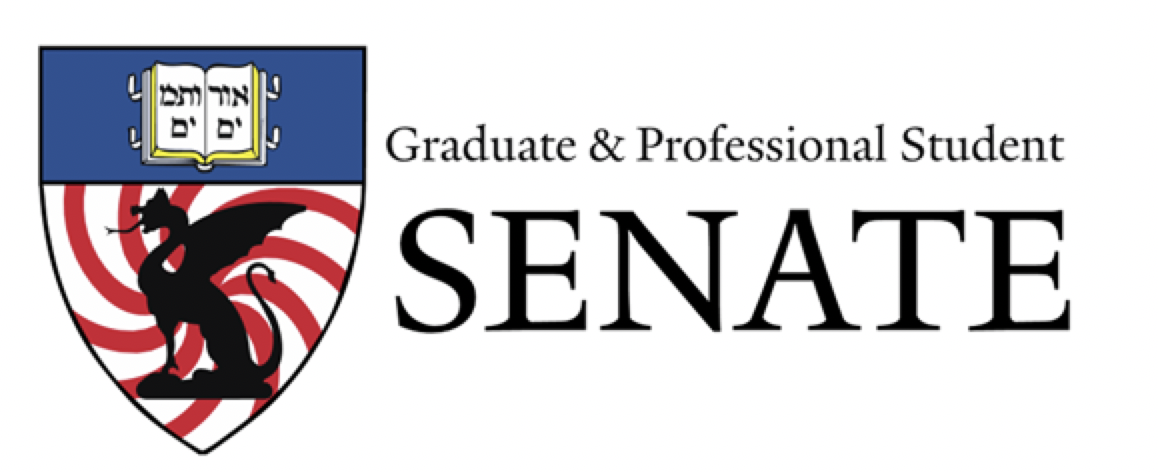By Jordan Gardner
In western Kenya, people have long listened to the traditional forecasts of the Rainmakers for seasonal crop planting – forecasts based on intense natural observation. But climate change has begun to cast doubt on the traditional forecasts with shifting, unpredictable weather patterns.
In Rainmakers of the Nganyi, filmmaker Steve McDonald follows an emerging partnership in which the Rainmakers began working with scientists to better forecasts together, and, critically, to improve communication of the forecasts to the Nganyi people. At the intersection between traditional and modern, Rainmaker and scientist, lies a path forward for western Kenya amidst the shifting ground of climate change.
JG: Why did you make this film? Did you approach it from the perspective of telling a new kind of climate change story?
SM: The aim was to tell the story of the Rainmakers and scientists as it is. They are doing fascinating work together to mitigate the effects of climate change, but there is still a sort of friction that exists in the ways of thinking and I wanted to try to capture it.
JG: What do you care about when directing a film?
SM: I want to get as close to being invisible as possible. If people can behave the way that they usually do and start to forget that you are there, or to feel like we're in a conversation and not an interview, then I think you get the best material and the story starts to become real.
JG: What do audiences want? Is it the filmmaker's role to worry about that?
SM: I think audiences want to see and learn new things, so a fresh story or perspective is the first thing they're drawn to and that's cool because it means that you, the filmmaker, constantly need to be looking at things from a new perspective.
JG: What advice can you give people wanting to get into the business?
SM: Go out and shoot right away. Use whatever you have right now - equipment, stories, time. I shot my first video on a $500 camera and it ended up on Nat Geo. It's tempting to say 'I'll be able to make good films once I have this camera', or 'once I've done this course or have more time'. Just go and make the damn film!
JG: What areas would you like to explore in the future?
SM: I'd like to learn more about 'indigenous knowledge' systems. I was really drawn to the supernatural element of 'rainmaking' and I learnt a lot on this project. There is loads more out there that classic science can't really explain, but that is very real and relevant. I'd like to make more films that explore that.
















